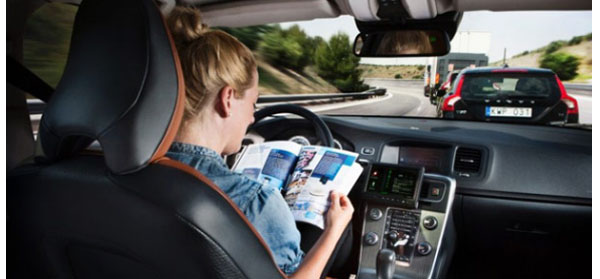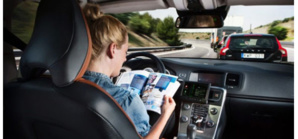On the off chance that driverless technology was to wind up ordinary, it would likewise immediately open up an abundance of different chances to smart speculators and ambitious people – in evident and more subtle spots. One noteworthy neglected backup part that will see genuine advancement as an aftereffect of driverless technology is protection. The expense of protection is liable to be genuinely high when driverless technology is initially discharged to general society, says Justin Peters, author and (CEO) of Kabbee, a minicab booking application and patron of a roundtable on driverless technology in London.
“Early adopters will come in and then the price will start to erode slowly,” he says. “But it will need massive subsidies to get things moving before it reaches scale.”
Protection suppliers, agents and customers will need to manage a tangle of issues encompassing driverless technology – some of which are not liable to be explained until they come up in the event that law. Case in point there are issues of general risk. In the event that something happens, who is capable, asks Chris Lamontagne, head of development for the UK at GetTaxi, a portable taxicab application. This additionally opens up a scope of different potential outcomes. There is no ensure that the customary auto creators will be the ones that end up on top of the generation of driverless cars, says Helen Chapman, Transport for London (TfL) general supervisor for private contract and taxis.
Albeit customary producers like Toyota may be the makers of future driverless cars, it could without much of a stretch be somebody spend significant time in the innovation, or even an outsider not yet considered, includes Phil Makinson, fellow benefactor and boss advancement officer for Kabbee. This likewise implies the configuration could change drastically. As of now the driverless cars made arrangements for tests in the UK not long from now look to a degree not the same as the more standard models Google has been trying in the USA. Future models might totally drop structure for capacity, as inspiring buyers with outline will be less vital, says Steve McNamara, general secretary of the London Taxi Drivers Association (LTDA).
There is prone to be a change in the usefulness too, says Lamontagne. Clearly controls will get to be fundamentally less vital and there will now be the potential for the procurement of extra administrations, he includes. Eventually innovation is going to need to enhance boundlessly. TomTom is now included with testing new ongoing movement directing with the LTDA. Past that, there are open doors for business people and financial specialists in zones, for example, focal observing and perception. One business visionary endeavoring to create an item that could help with both issues is Robert Fejer, organizer of Daily Roads an application that changes over an advanced mobile phone into a dash-cam. The gadget and – maybe all the more imperatively – its supporting framework could help with issues, for example, protection, remote observing and constant movement appraisal in both a determined and driverless future, he says.
A blend of dash-cam footage from numerous vehicles could be consolidated together to give drivers a superior thought of momentum street conditions – a venture that is at present the subject of a Kickstarter battle, says Fejer. It as of now can be utilized as a part of protection matters to show risk (at any rate in many nations, some, for example, Germany and Austria don't allow dashcam footage to be utilized as a part of cases), he includes. Later on it would give the perfect connection between driverless armadas and their headquarters, he says. “This could be integrated to driverless cars so that they can capture what is constantly in front of car. This would allow the owner or fleet manager to randomly check and see how it is performing even from miles away,” Fejer clarifies.
So look out for an auto without a driver in a parkway close you, anyway not very soon. The roundtable inferred that a focus of 2020 for driverless technology was still exceedingly goal-oriented and that it could take any longer for computerized autos to truly develop.
Reference:
http://www.forbes.com/sites/freddiedawson/2015/03/31/what-future-potential-does-driverless-technology-hold/
http://www.forbes.com/sites/freddiedawson/2015/03/31/what-future-potential-does-driverless-technology-hold/2/
http://www.forbes.com/sites/freddiedawson/2015/03/31/what-future-potential-does-driverless-technology-hold/3/


 The Curious Future of Driverless Tech
The Curious Future of Driverless Tech





 Companies
Companies